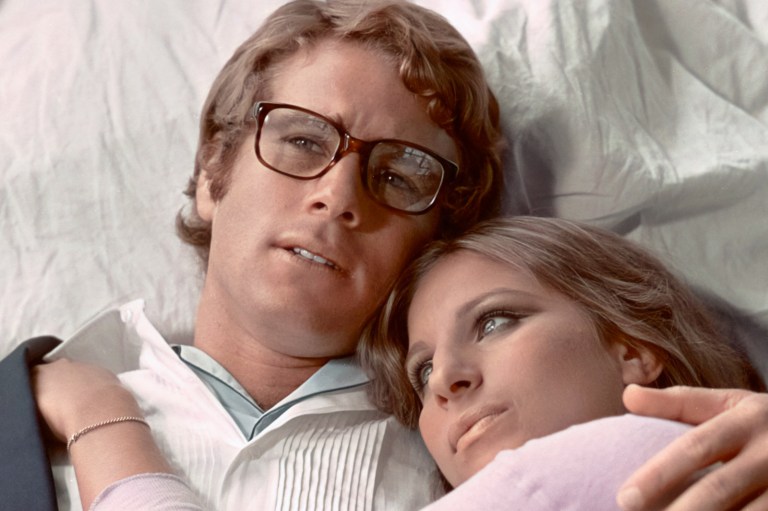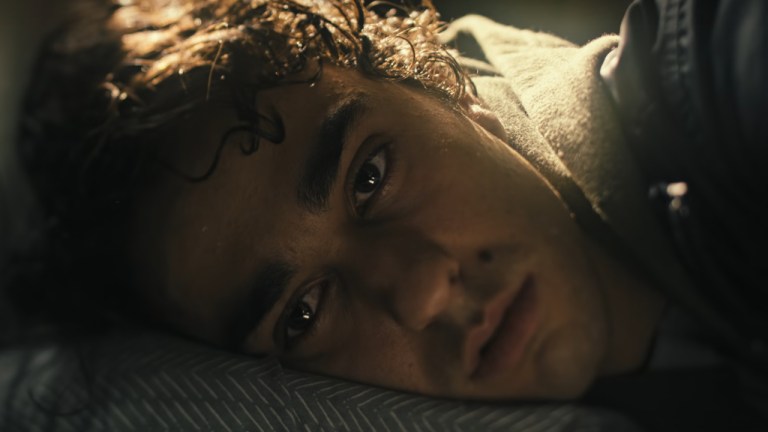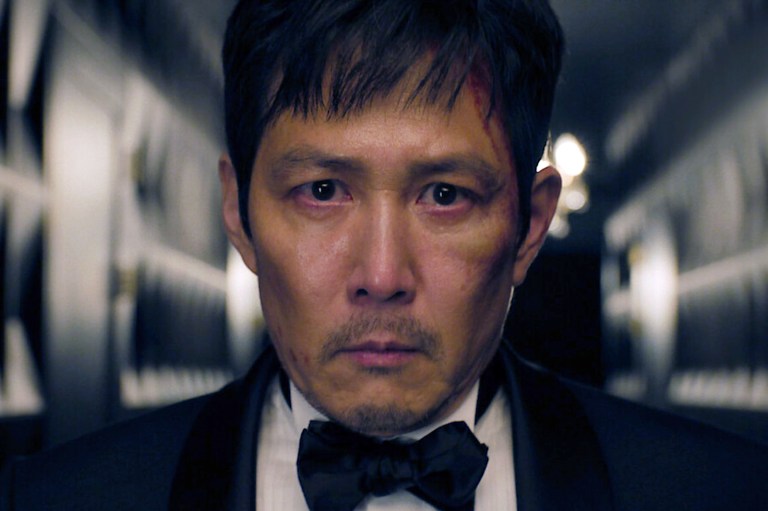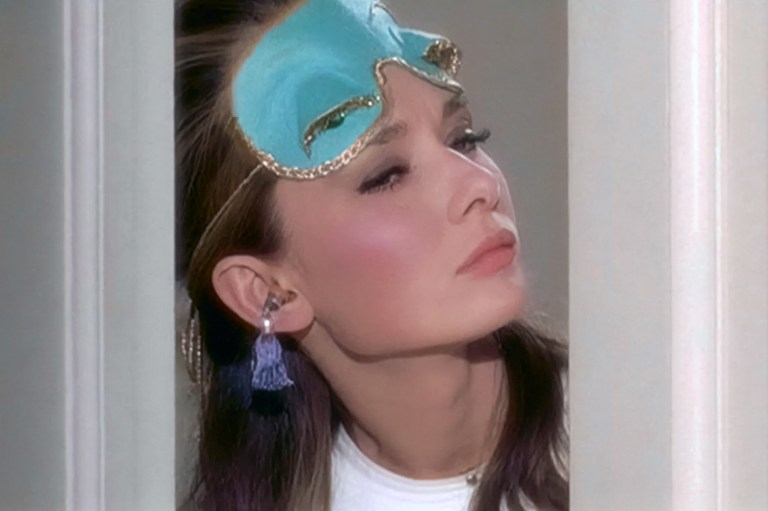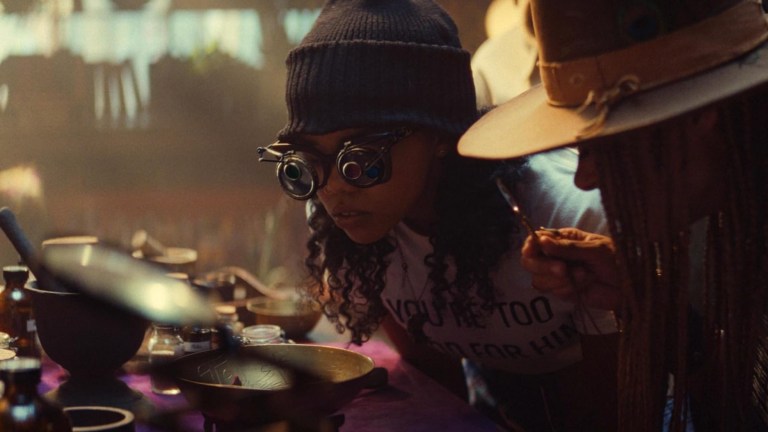
Don’t Marry Him
I’ve heard young women tell each other and themselves over and over “you deserve better!” When sometimes, honestly, it’s not at all clear what that means.
By Kate Fridkis
I finally read “Marry Him,” by Lori Gottlieb. She’d written that big Atlantic piece a while back, and then the book, which is an argument in favor of settling for a good-enough man (if you’re straight and want to get married, otherwise she’s not writing for you), because you’re probably not going to find a perfect one.
I don’t know what made me want to read the book. No, I’m lying—I’m remembering now. It was a comment under her recent piece in the Times Magazine about therapy branding. Someone said something like “EYEROLL! Like I’m going to believe anything from the woman who single-handedly convinced women that they were nothing without a man and should marry the first lame guy who came along so that they didn’t have to die alone. Thanks A LOT, Lori.” Or something to that effect.
And I was curious, because single-handedly convincing women that they are nothing without a man sounded sort of impressive for one book. And I’m sick. So my brain sucks right now.
So I read it.
And I’m still not exactly sure what I think, which is why I’m writing about it.
Basically, Gottlieb argues that when women are in their twenties, they reject everyone, all the time, because they’ve learned that a better guy will come along and they will eventually settle down with him. But even when great people come along, these women continue to reject them, because there might be someone better out there. And then, all too soon because time is so fickle, the women are almost forty, and the good men are taken, and now the women have to either learn to make compromises, or they can just up and die alone, forty-five or so years later.
It sounds really, really sexist, and Gottlieb is well-aware. She mentions how depressingly sexist the whole thing sounds a lot. But she’s like, still, let’s be real, sometimes the reality is kinda sexist. Like the reality that never-married forty-something guys often want to be with still-fertile thirty-something women, instead of forty-year-old women. So if you’re forty and dating online, you’re looking at divorced dads most of the time. Also, most women want to be in a committed relationship, and no one is helped by the pressure to be proud of being single when you don’t want to be single anymore.
Which is pretty fair.
Some of what she says I see around me. Women in their twenties who reject absolutely every single guy they meet because of some barely perceptible flaw. That is a thing. I’ve listened to my friends laugh uproariously over a thing a guy cluelessly did that of course resulted in his immediate disqualification—and that thing is the same thing that Bear did when we were first dating, except that I thought it was adorable. Or I just didn’t care. Or I just like awkward guys.
I know people who won’t go on a second date if they don’t feel a shower of sparks on the first. Even though sometimes it really does take more than just one date! I have seen girls break up with guys over stuff that doesn’t seem to make sense. Over stuff they don’t even understand themselves. Mild irritations. Slightly annoying habits.
I’ve heard young women tell each other and themselves over and over “you deserve better!” When sometimes, honestly, it’s not at all clear what that means.
I know plenty of women in their thirties who are single. Their dating pasts are long and dramatic and often, they are frustrated. I also know plenty women in their twenties who appear to be settling.Who are definitely settling. Who are tying themselves into suffocating situations with men who don’t treat them well. Sometimes with men who are actively destructive.
And much of what Gottlieb describes, though I can sort of get my head around its logic, feels instinctively wrong to me. Which is just the problem, she might say. Except that I’m married. But she’d say that if I were single now.
Gottlieb keeps describing situations where the girl is just not that into the guy, so she breaks it off. And then, years later, he’s happily married with three kids in various sports and scouts related uniforms and she is alone, and she wishes she’d grasped what she had back then, while she’d had it.
The thing is, I am so enormously relieved that I eventually got out of the relationships where I was never totally sure, where I agonized and agonized, and told myself very firmly, over and over, that it was love.
I guess I am one of those girls. I once broke up with a guy because he “didn’t smell right.” A handsome, devoted, talented songwriter guy who wanted to marry me. Who wrote a song called “Dear Kate” that I still sometimes wish I had a recording of because how many times does THAT ever happen? God. I wish I had a recording. We only went out very briefly.
“You are insane,” said my friend. “Send him to me.”
I felt a little insane. And I also felt absolutely sure that he wasn’t right for me. And of course, it wasn’t really just about the way he smelled. The way he smelled was a symbol. I couldn’t seem to feel comfortable with him. I felt numb, unresponsive. I didn’t want his body.
I have more than one of those guys that Gottlieb is so fond of in my past.
My grad school boyfriend—a guy I didn’t even mean to start dating. This is classic, in “Marry Him”: We had become good friends when he asked me out. And I—yes, this is lame—didn’t want to hurt his feelings. So I said yes. And then, for months, I wimpily prayed that he wouldn’t say “I love you.” And then finally, like a tiny suicide, I said it to him, one morning, as though desperate to get it done. And then he said it on the phone all the time, in parting, and I would try to hang up quickly so that I could pretend I hadn’t heard.
And the thing is, this guy was really a great guy. Funny, kind, with fantastic hair and many published papers. Exactly the kind of guy I might have described to myself when describing the kind of guy I could end up with.
I can’t tell this story without people thinking that I’m a terrible person, because people are always very sure what makes someone terrible and this is one of those things: I cheated on him.
And then I tried to repress the memory of the cheating, and I tried to commit to him fully, and I tried so friggin’ hard all the time to love him.
Which is ridiculous, in retrospect. Why did I think I had to love him? Who told me that I needed to completely commit, at twenty-two?
I guess I received some different messages from the world than the beautiful, clever twenty-somethings Gottlieb refers to so frequently. The women who know they have it all and expect to have it all in a man. The women who feel that they are on top of the world and that they deserve the best. I didn’t feel this way. And I’m not sure I know anyone else who does now. Yes, we tell each other again and again that we deserve awesome men. And we do! Awesome people deserve each other. But so often, we are also insecure at the same time. We are flailing around, trying to figure it out. And I was insecure in a way that made me feel I needed a guy to tell me I was worthwhile. Embarrassing, especially in a world where women are told that we can achieve anything (on our own).
The only thing that prevented me from staying forever with the very nice boyfriend I had in grad school was the quiet, half-repressed agony of indecision. The niggling, endless, infuriating sense that I didn’t love him. And the way, sometimes after we had sex, I would cry in the bathroom for no reason that I could unearth.
Now, when I think of what might have happened had I married him, I am blown away by gratitude. And it’s all for that sense that I had that it wasn’t right.
That is just one story, of course. It doesn’t mean that that Gottlieb is fundamentally wrong about being more open-minded about potential partners. I believe in second dates, in giving people a chance. In love developing over time, sometimes. Especially if you want to find a partner. Not everyone wants that at every moment, of course. Not everyone wants it in their twenties, and forcing yourself to commit is not a good idea either.
It’s complicated, I guess. But those uncertainties and nagging doubts—sometimes they are there for a reason. And sometimes the reason is that you are squeezing yourself into a narrow space that your body doesn’t want to be in. It wants to run around. It wants to go somewhere else. And the gentle pressure that you feel, the slow crush of discomfort, those are natural responses to being compressed.
I am too romantic, I think, for Gottlieb, in the end.
When I met Bear, I fell in love unhesitatingly. Not on the first date. But soon. And if I hadn’t gotten to that—well, it’s terrifying to me now. Actually terrifying.
Long-term relationships are absolutely about security and convenience and reassurance and companionate support that will endure because you make it endure. But they can also be about the sheer relief of finding someone you truly desire and respect at the same time.
I don’t want anyone to miss out on that, if they want it. And they might miss out, if they don’t listen to themselves when it doesn’t feel right. ![]()
